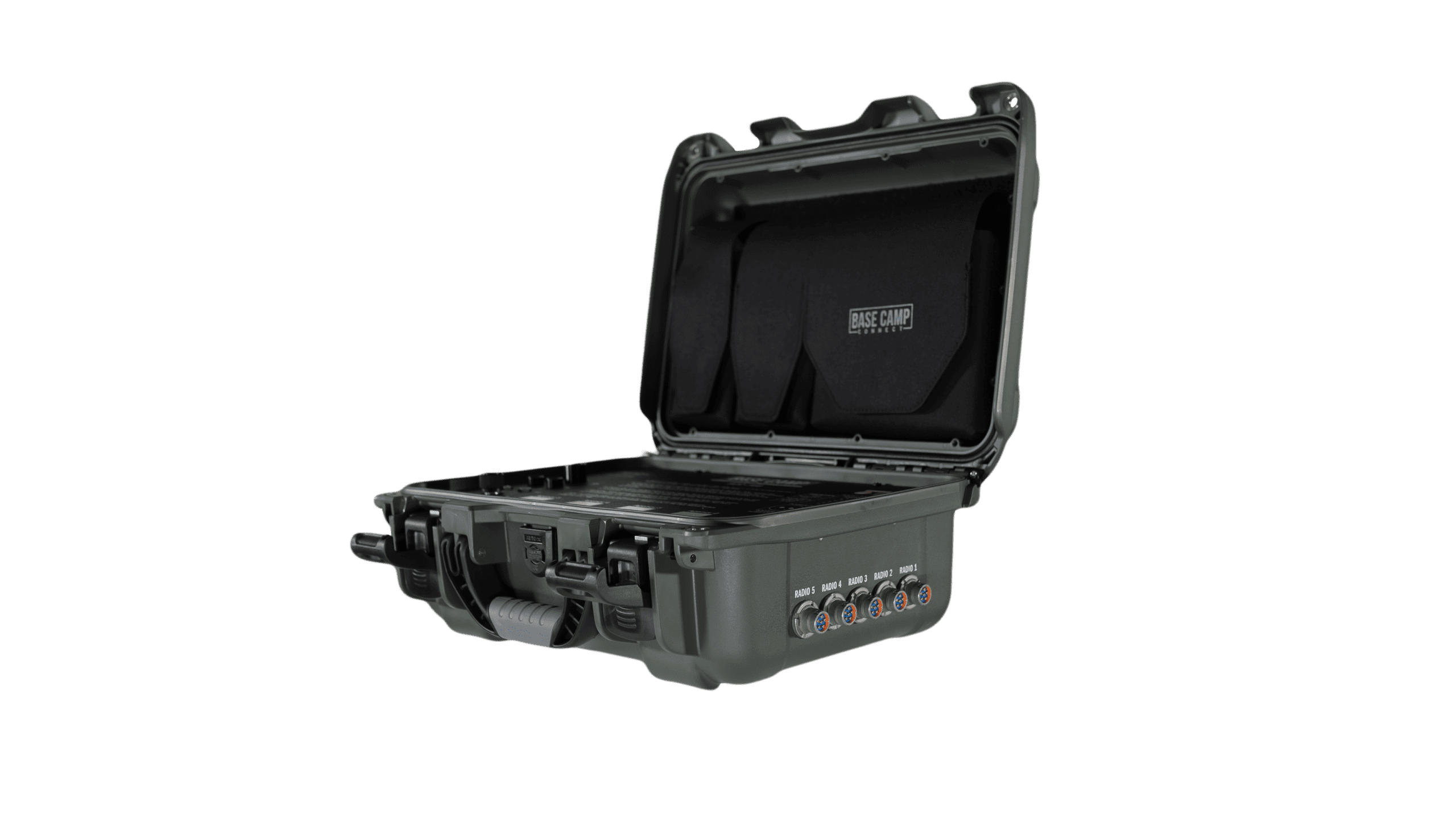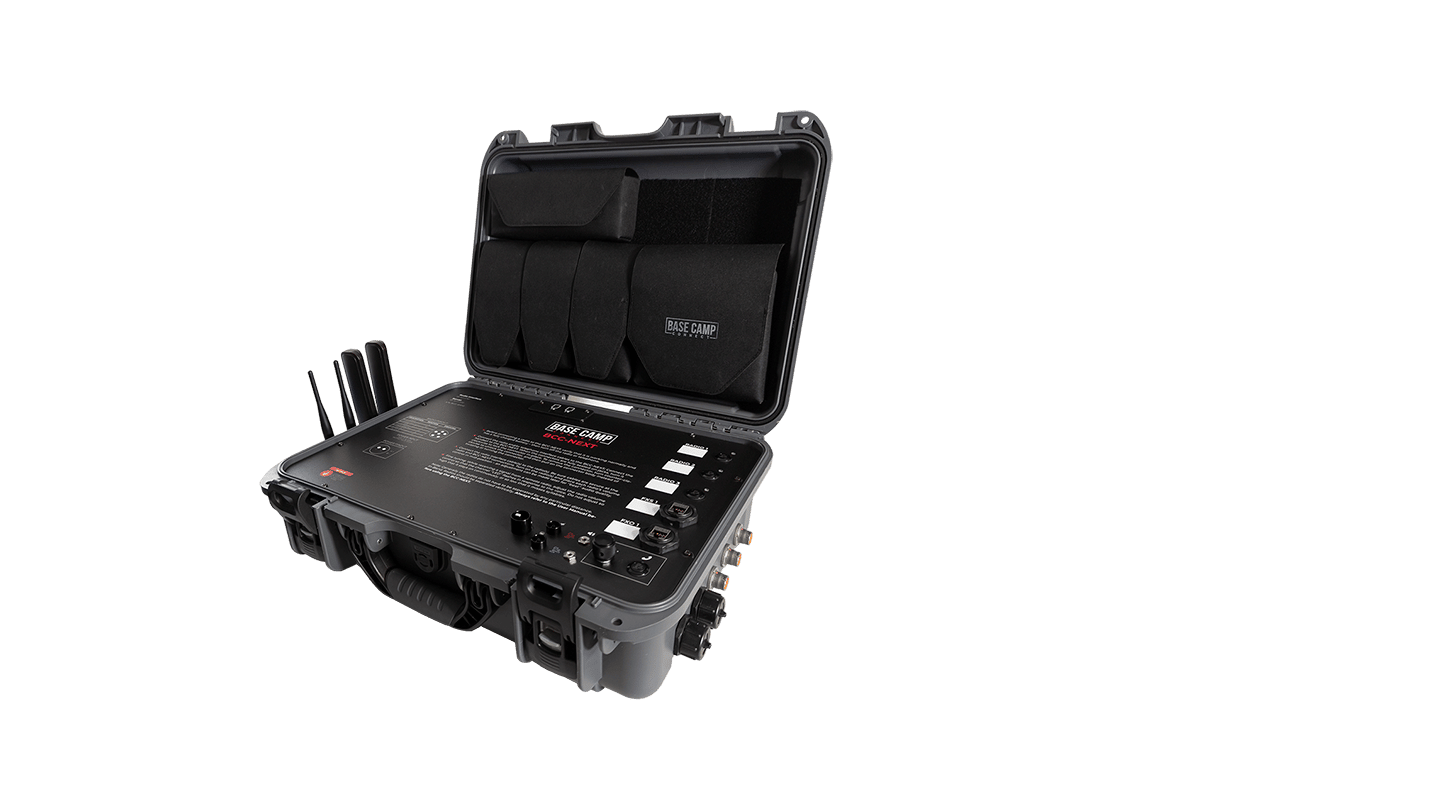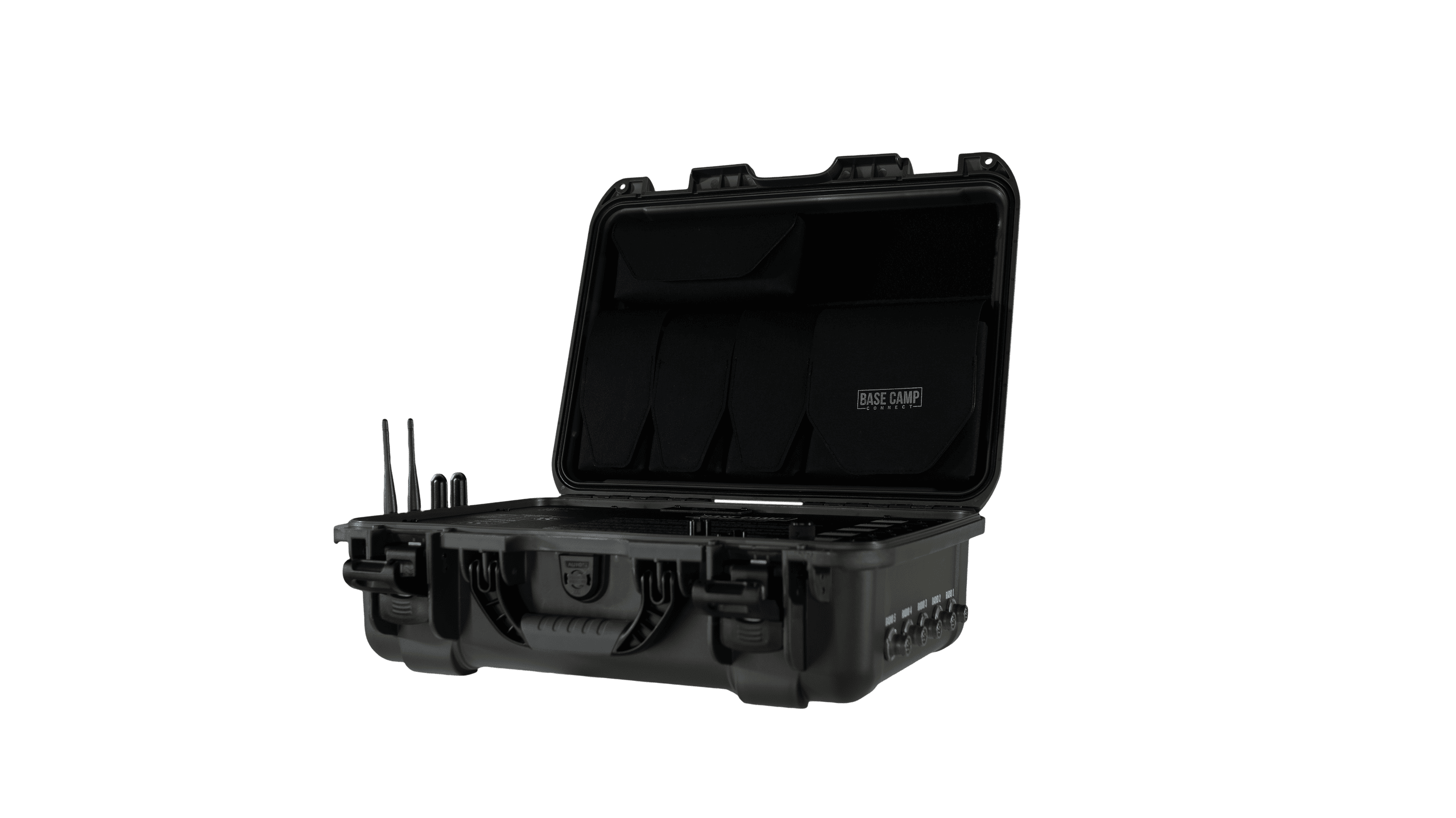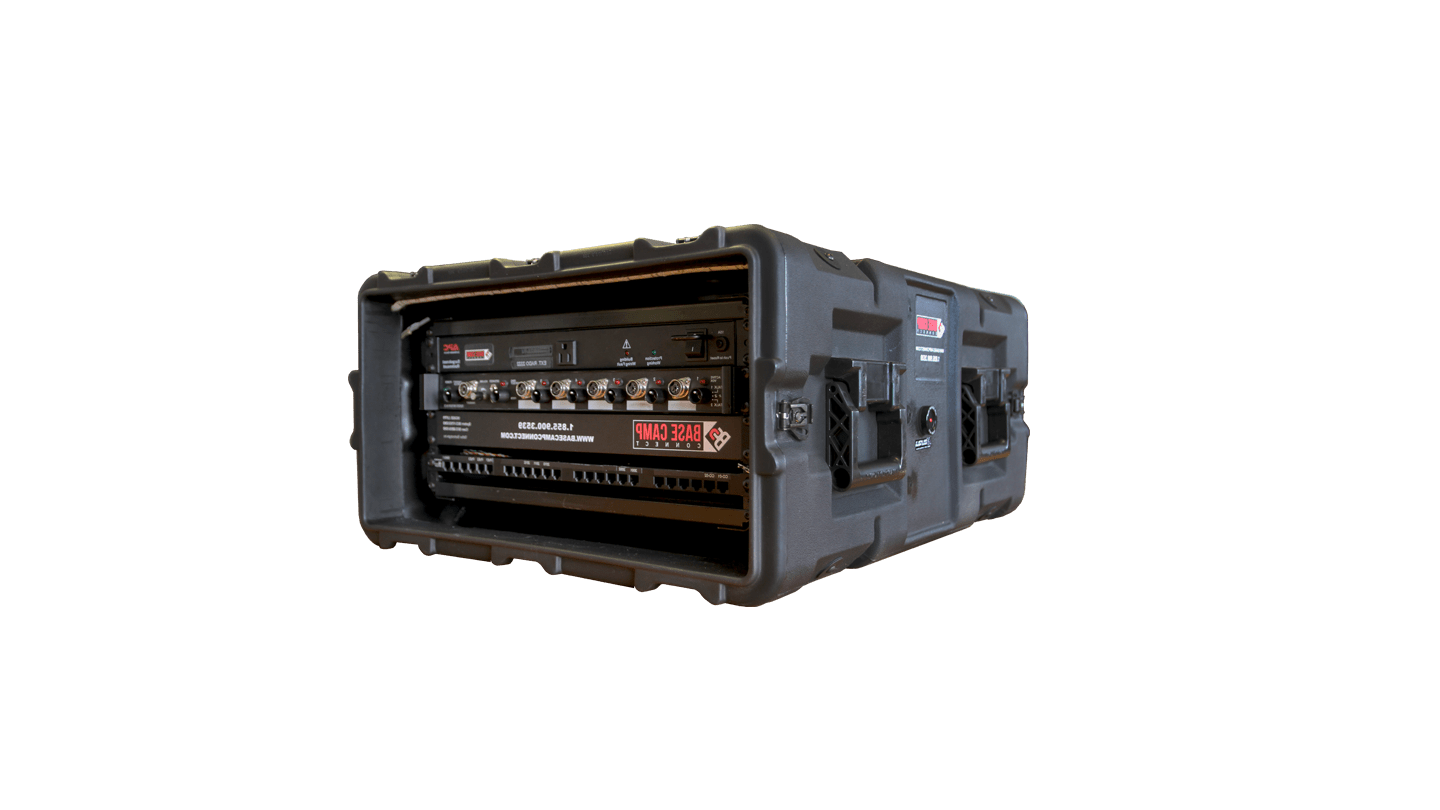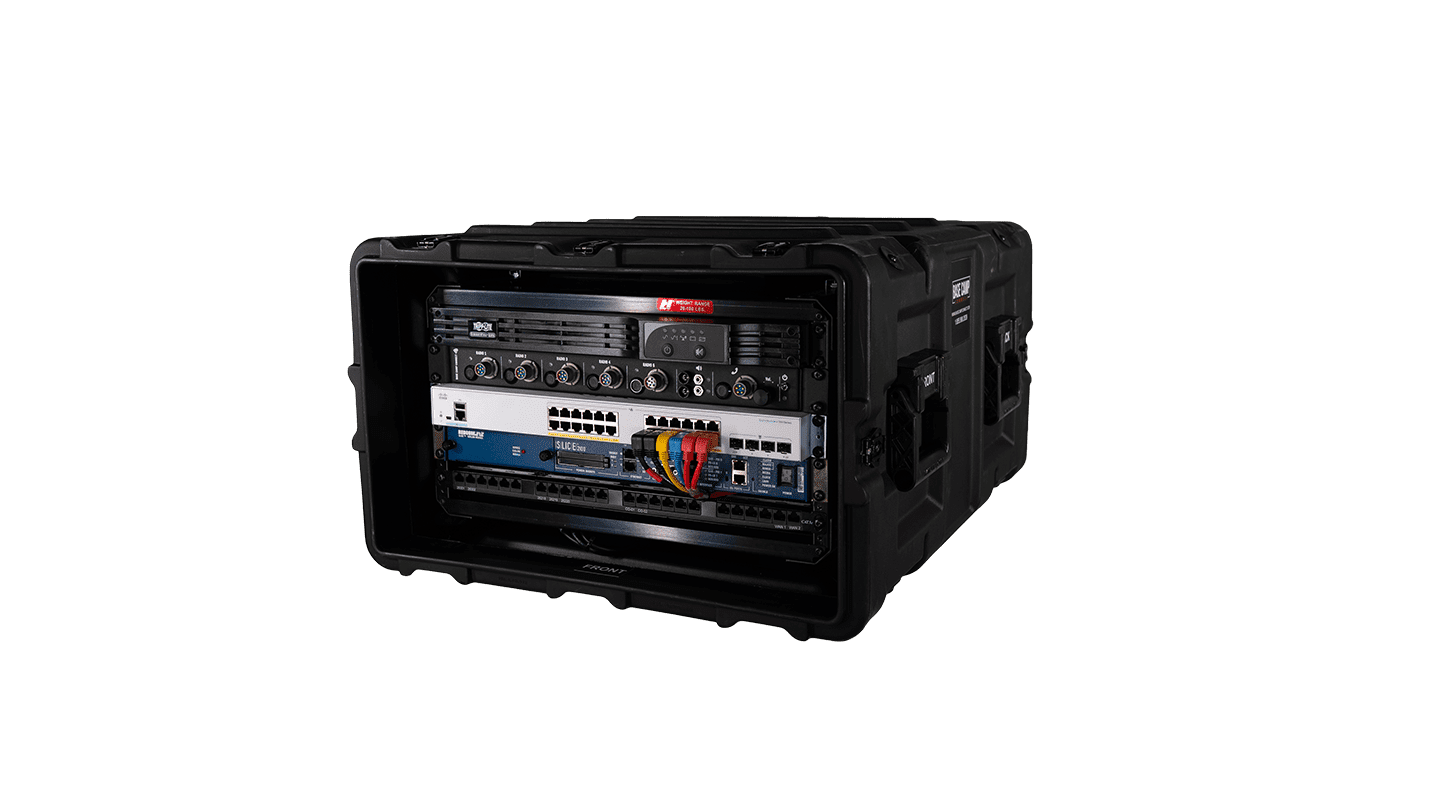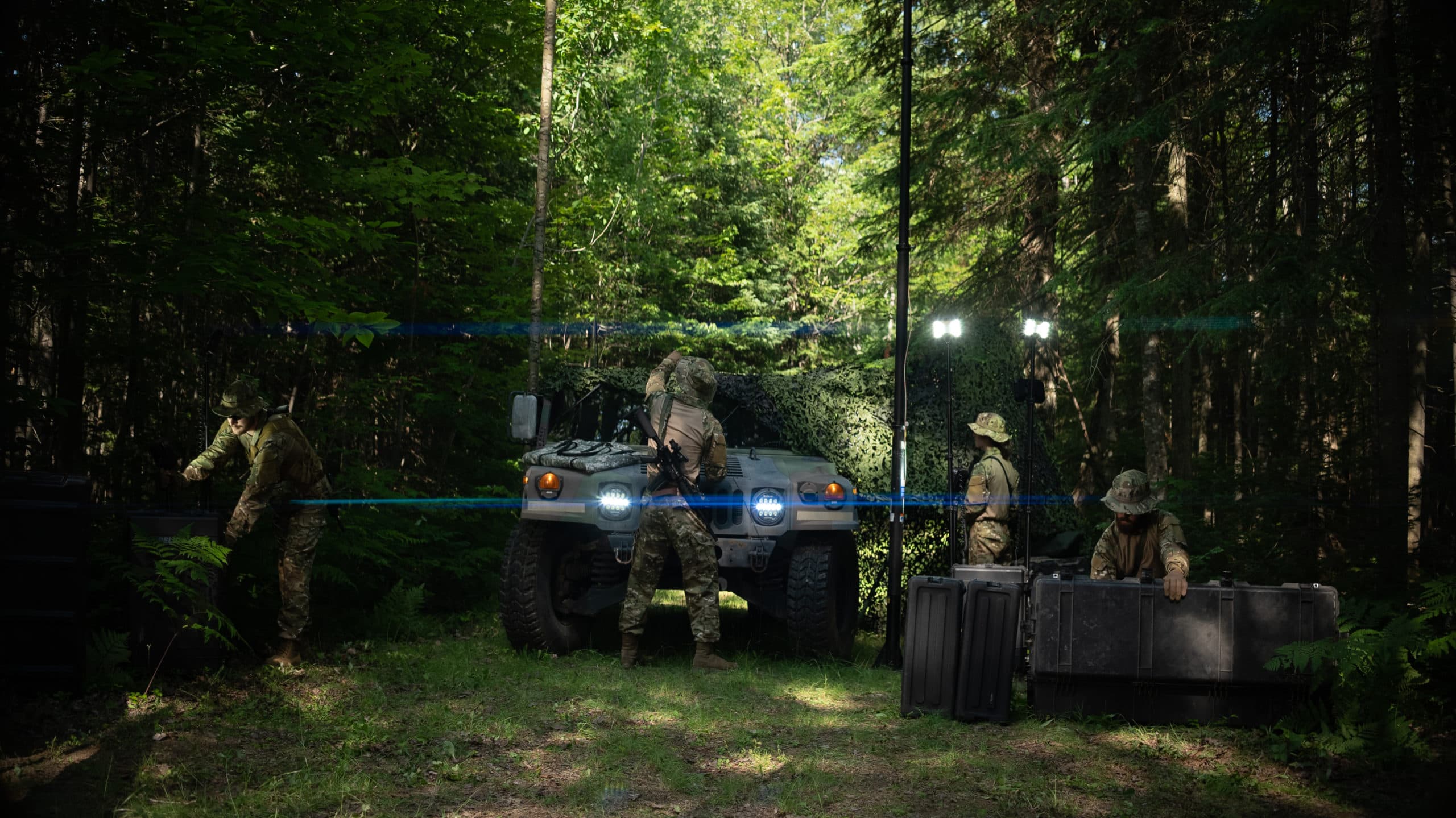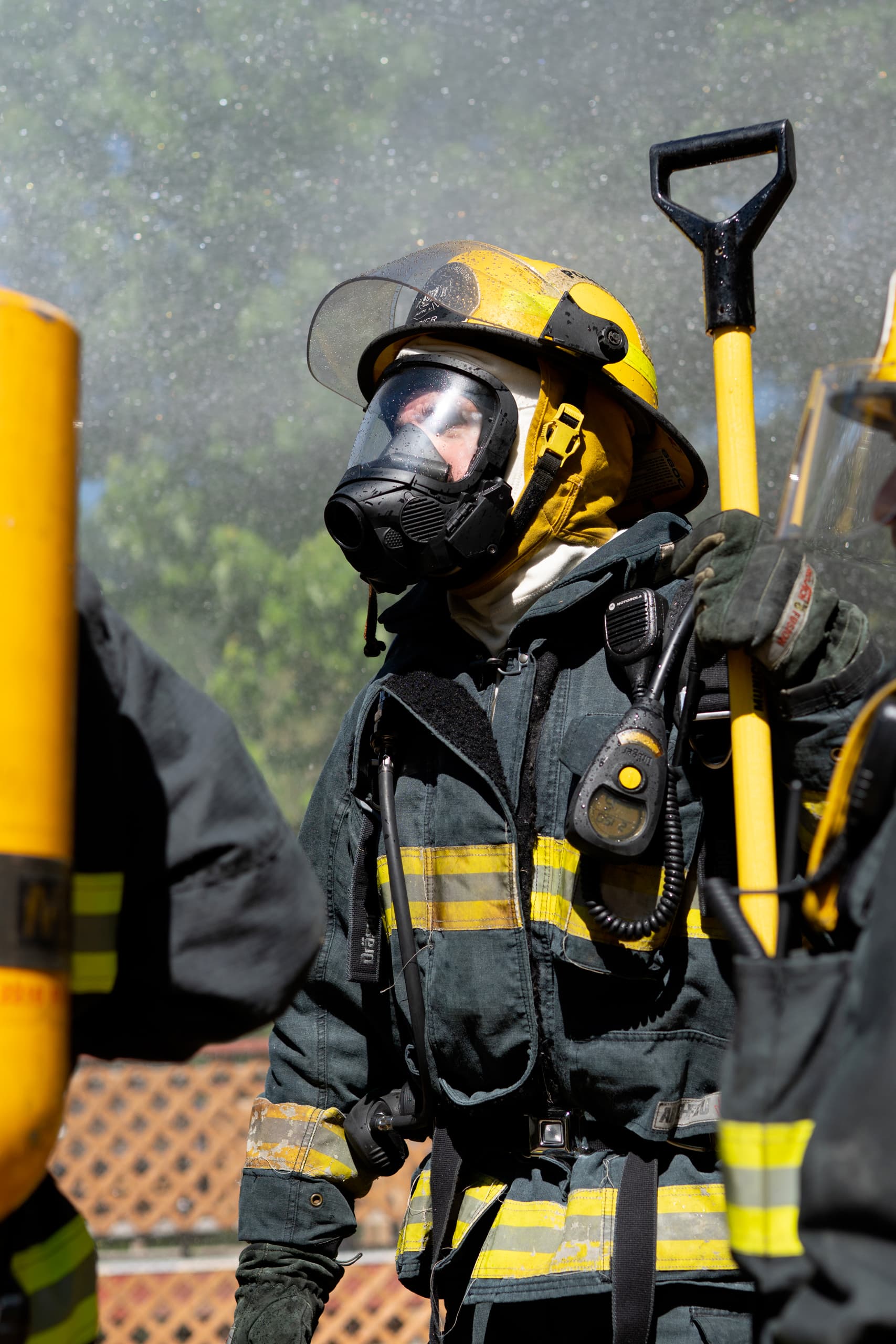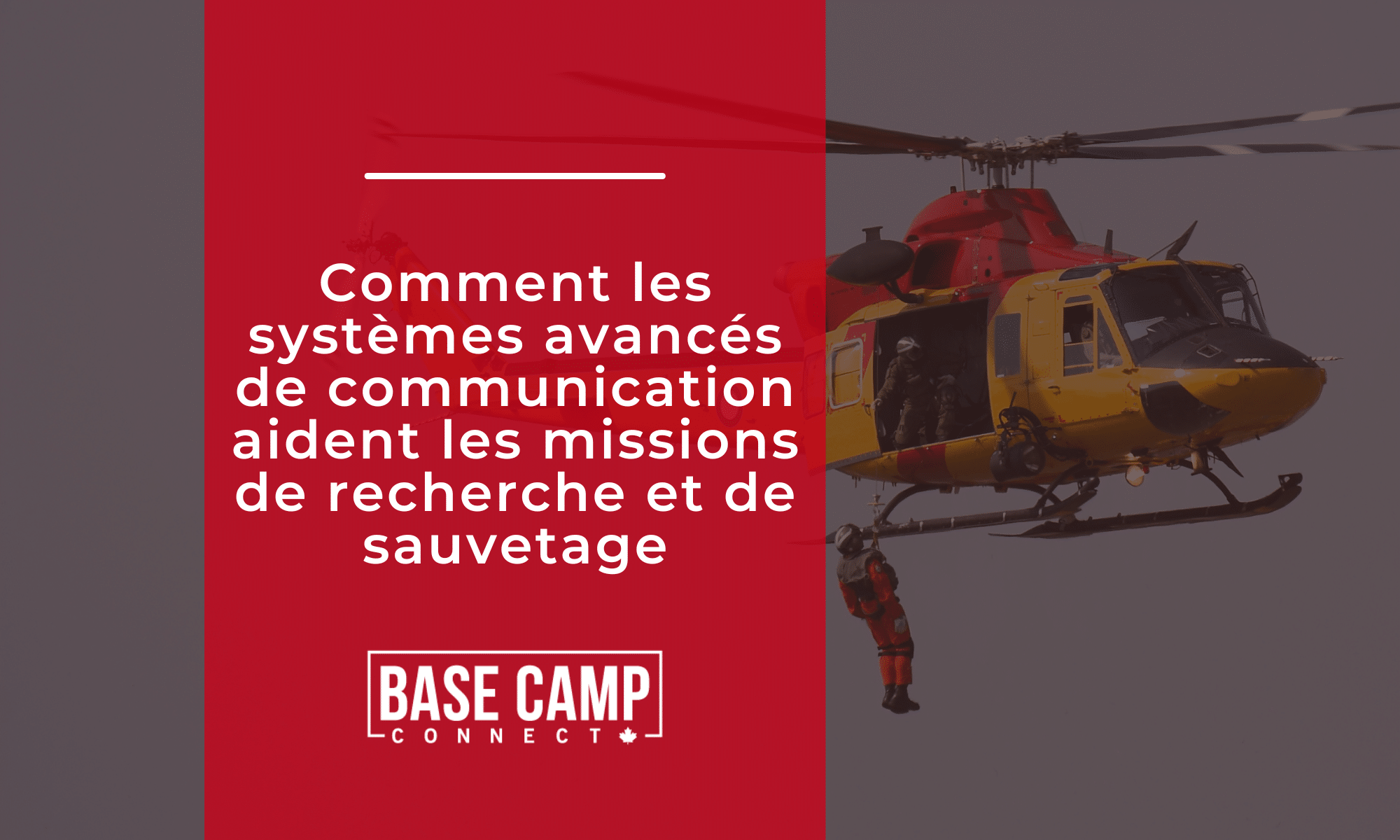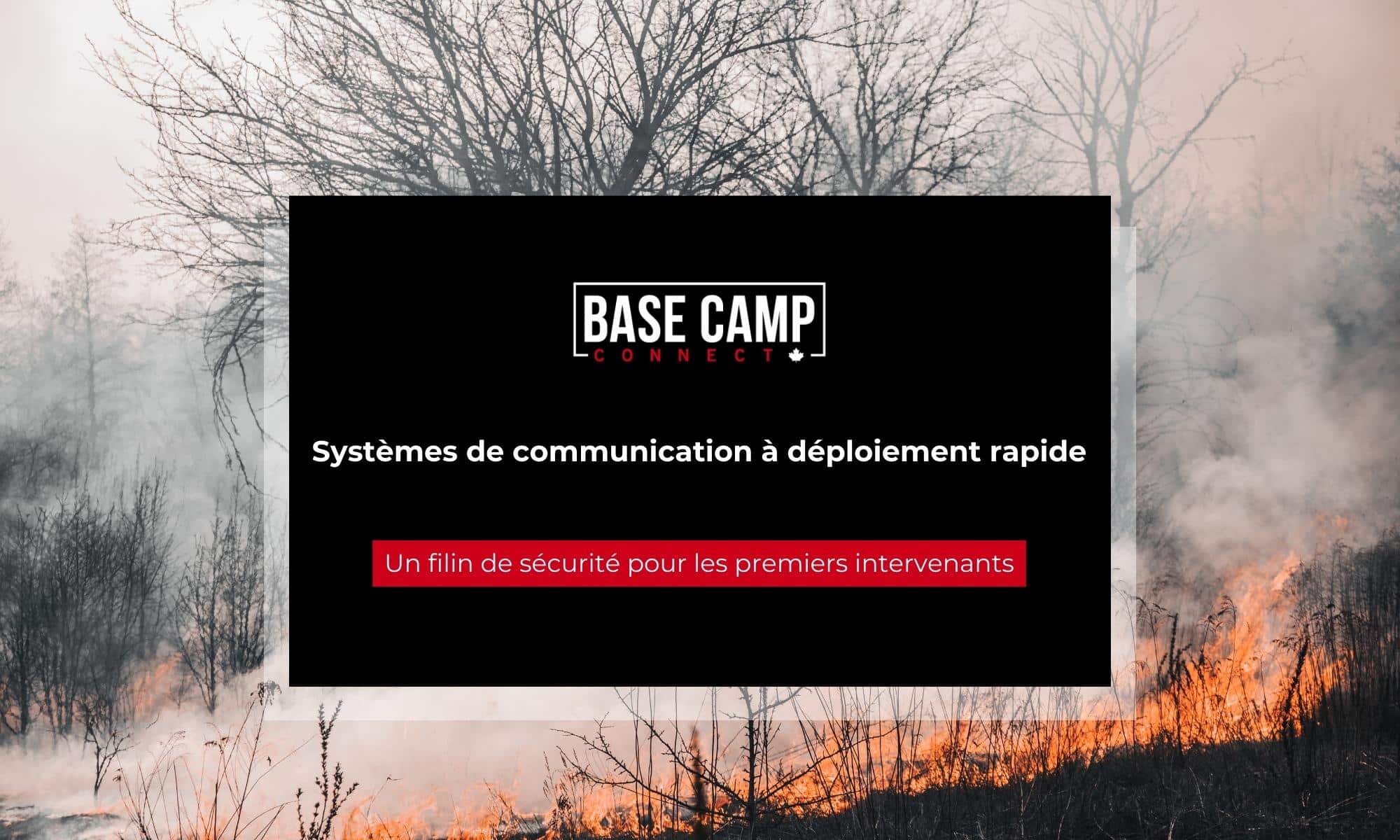“Emergency management” sounds like a pretty vague name for a field, and indeed, the term encompasses a lot of different careers. Today, we’re going to explore the skills necessary for emergency management, as well as some of the specific types of jobs and careers in the field.
This infographic was created by ASU Online’s Emergency Management and Homeland Security degree program by sourcing information from organizations like FEMA, the Bureau of Labor Statistics, and US News. As the cost of dealing with natural disasters increases, it’s crucial that federal and state governments, as well as private relief organizations, recruit highly trained and capable professionals to manage the recovery from these disasters. Spreading awareness of this career path and highlighting the benefits and responsibilities of these crucial roles is one of the best ways to ensure that emergency management organizations are capable of helping communities recover from even the most unexpected natural disasters.
Emergency Management is a growing field with employers consisting of local and state governments, learning institutions, hospitals, and other public service entities. This infographic offers more details about how to get into an emergency management career and what that might look like.
Skills You Should Hone
Of course, technological savvy isn’t crucial to all emergency management jobs. There are some skills that are vital, though, with the most important being communication. Crisis communication, in particular, is something that emergency management professionals must prioritize and build their skills in. Communications exercises can help professionals improve their communication skills and fill gaps in their crisis communication systems.
Other crucial skills for emergency management include:
● Organization
● Time management
● Critical thinking
● Decision-making
● Cooperation
● Delegation
All of these skills work together to enable an emergency management professional to work with colleagues and the community to prevent disasters and minimize the impact of hazards that do threaten an area. There can be no ego in emergency management; everyone must work together to meet the overall goal of protecting the community.
Situations You May Encounter
In addition to honing specific skills, if you’re interested in a career in emergency management, you must prepare yourself to face traumatic situations. This involves physical, mental and emotional preparation. Depending on the specific career you choose, you could see upfront the results of natural disasters, school break-ins, mass diseases and more. As a professional, you should be aware of your mental state and seek professional counseling and support if needed.
It’s vital to be prepared for disasters, but a lot of preparation is work toward prevention, as you’ll find if you specialize in preventing data breaches. Some professionals’ jobs involve doing everything they can to prevent a disaster, while others work to set up the coping systems in case prevention methods fail.
Emergency management is a multifaceted field, but at the end of the day, it’s about protecting communities and people. If that’s your passion, looking into this field is definitely a good start.
